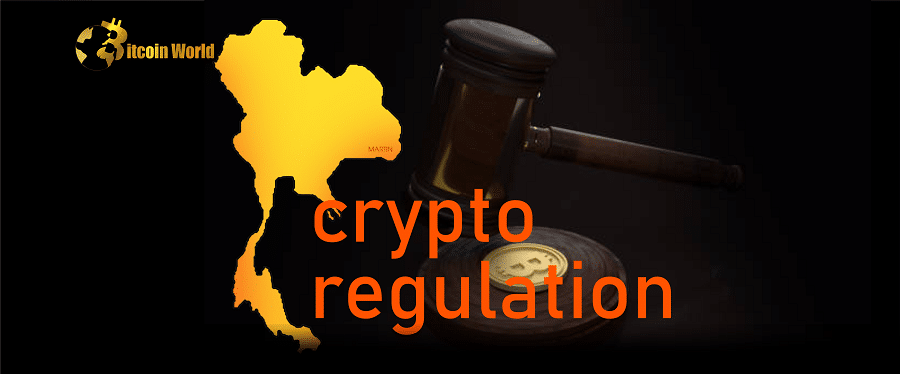Thailand financial authorities are gearing up to crack down on cryptocurrency. After a turbulent year in which many Asians have lost a great deal of money, the decision has been made to take this action.
The Bangkok Post reported on December 13 that the Thai Securities and Exchange Commission is planning tougher regulations on cryptocurrencies.
Regulators often provide the excuse of “investor protection,” yet stricter restrictions make it more difficult for average people to participate in the market.
Also, Thailand investors on the Zipmex platform felt the effects of the Celsius Network’s demise. Aside from institutional investors, ordinary investors in Asia were struck particularly hard by the FTX crash in early November.
Recent instances, as stated by the Thai SEC, “highlight the vulnerability of the digital asset business and the absence of effective monitoring.”
The authority cited recent legislation in the United Kingdom (UK), Japan (JP), and Singapore (SG) as models for the proposed changes. But Singapore has no intention of stifling innovation or investment in the crypto space, so it will continue to serve as the region’s centre.
The Securities and Exchange Commission of Thailand is forming a working group to investigate the cryptocurrency market. In addition, it will include members from the corporate sector and any applicable government bodies. The group’s job will be to provide recommendations on how the laws might be updated to reflect the new circumstances.
The Securities and Exchange Commission plans to tighten down on crypto-related endorsements by prominent figures. In the United States, a similar crackdown took place last month when it was revealed that a number of prominent athletes had been paid to advertise FTX.
The authority is keeping an eye out for emerging threats and promising to tighten up the rules. Despite the widespread popularity of trading cryptocurrencies in Thailand, the country’s military-backed government has outlawed the use of cryptocurrencies as legal tender.
The Thai government has not yet implemented any restrictions on cryptocurrency trading, therefore the industry may still be traded freely at this time.
Despite repeated claims by the tourist ministry, Thailand is not recognized as a crypto center by the country’s central bank or other regulatory bodies. It was claimed in September that Thailand’s hopes of becoming a crypto center had been shattered due to stricter rules.
The Bank of Thailand is eager to launch its own central bank digital currency, similar to China’s (CBDC).
In addition, before the year is through, the Bank of Thailand plans to roll out a trial program for CBDC transactions at retail. Thailand, like China, is interested in programmable money that the government can track and manage. But it’s not a fan of Bitcoin and other decentralized cryptocurrencies.
Disclaimer: The information provided is not trading advice, Bitcoinworld.co.in holds no liability for any investments made based on the information provided on this page. We strongly recommend independent research and/or consultation with a qualified professional before making any investment decisions.

